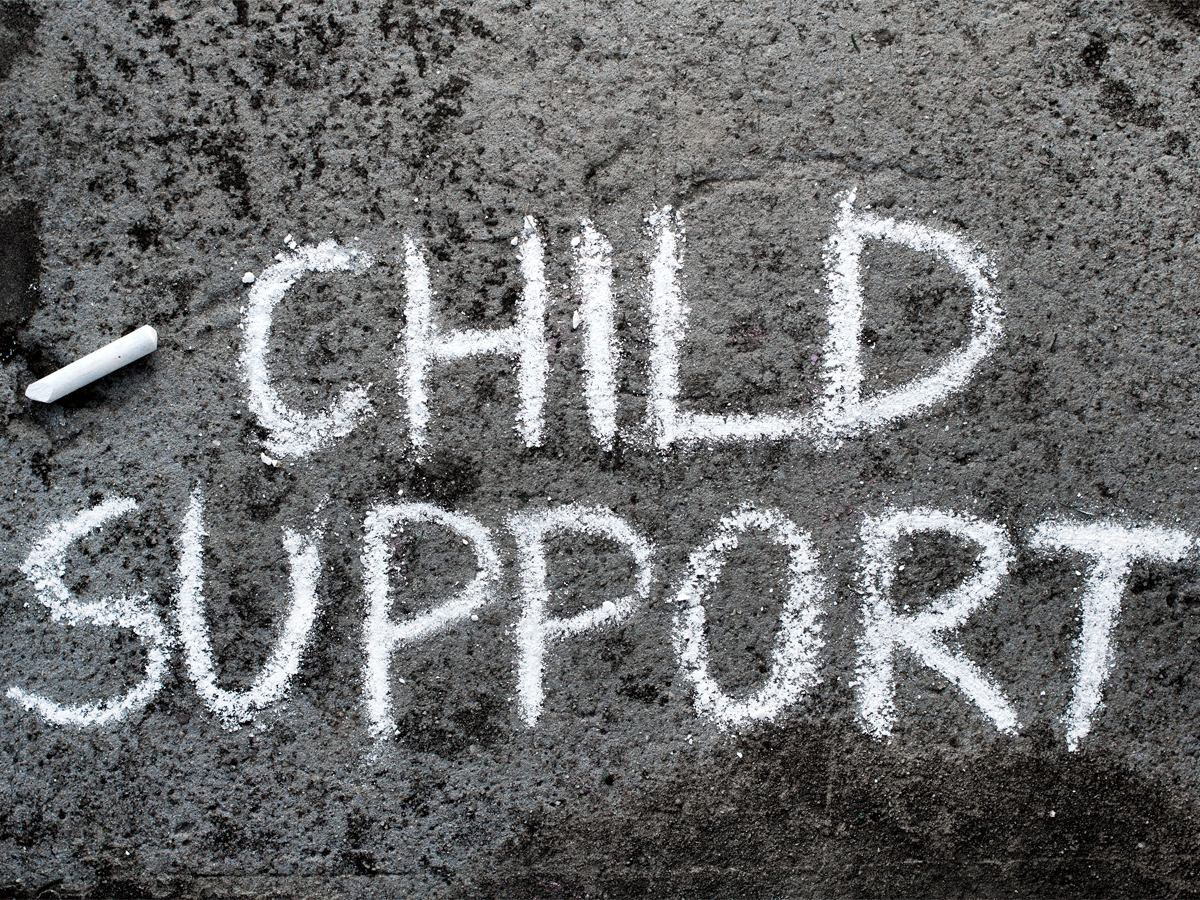
There are many causes why you might seek child support without getting a divorce. Perhaps you and your spouse have decided to take a break from each other, but you still want to ensure that your children are taken care of financially. Or, maybe you were never married to the other parent in the first place. Whatever your situation, you must understand that you still have options when seeking child support.
- One option is to seek child support through the court system. This process can be complicated, and it is vital to have a lawyer on your side to help you navigate the process.
- Another alternative is to work out an agreement with the other parent directly. This can be not easy, but it may be worth a try if you want to avoid going to court.
Whatever route you select, you must ensure you do what is best for your children. Child support can make a big difference in their lives, and you deserve to ensure they are taken care of financially.
Child Support If You’re Still Married
If you are still married to the other parent of your child, then you will likely seek child support through the court system. This process can be complicated, and it is essential to have a lawyer on your side to help you navigate the process.
The first action in seeking child support is to file a petition with the court. The petition will question the court to order the other parent to pay child support. Once the petition is filed, the other guardians will be served with notice of the proceedings.
The next step is to listen to a hearing. At the hearing, both sides will present their cases to the judge. The judge will then decide whether the other parent must pay child support.
If the judge orders the other parent to pay child support, they will be required to do so until the child turns 18. In some cases, the child support payments may continue even after the child turns 18.
Difference Between Being Legally Separated and Divorced?
If you seek child support but are not divorced from the other parent, you may wonder what the disparity is between being legally separated and divorced.
The main difference is that when you are legally separated, you are still married to the other parent. This means that you may still have to pay taxes jointly and be responsible for each other’s debts. However, you are no longer married to the other parent when divorced. This means that you will not have to pay taxes jointly and will not be responsible for each other’s debts.
Another difference is that when you are legally separated, you may still be able to file for divorce later. However, when you are divorced, you are no longer married, and you will not be able to file for divorce.
Finally, the other parent may still be required to pay child support when you are legally separated. However, the other parent will not be required to pay child support when you are divorced.
Can a Child Support Order from A State Be Enforced in Another State?
Yes, a child support order from one state can be enforced in another. This is because there is a national law called the Full Faith and Credit for Child Support Orders Act. This law requires all states to recognize and enforce child support orders from other states.
You can contact your local child support enforcement office if you have a child support order from another state. They will help you to enforce the order in your state.
Final Words
Child support can be a complex and emotional topic. Regardless of your situation, it is essential to remember that your child’s best interests should always come first. You deserve to make sure that your child is taken care of financially, and you should do whatever you can to make that happen.
Don’t hesitate to contact us if you have questions about child support or need help seeking child support. We can help you understand your rights and options, and we can help you get the child support that you deserve.

Elena graduated from Loyola Law School in Los Angeles. While in law school, she interned for the ACLU of Southern California. After graduation, Elena worked as a civil rights attorney for the ACLU of Northern California. She has experience in a variety of legal fields, including family law, personal injury, and criminal defense.
She is passionate about fighting for the rights of all people. She believes that everyone deserves to be treated fairly and with respect. All the possible efforts are being done by her to ensure that everyone has access to justice.
